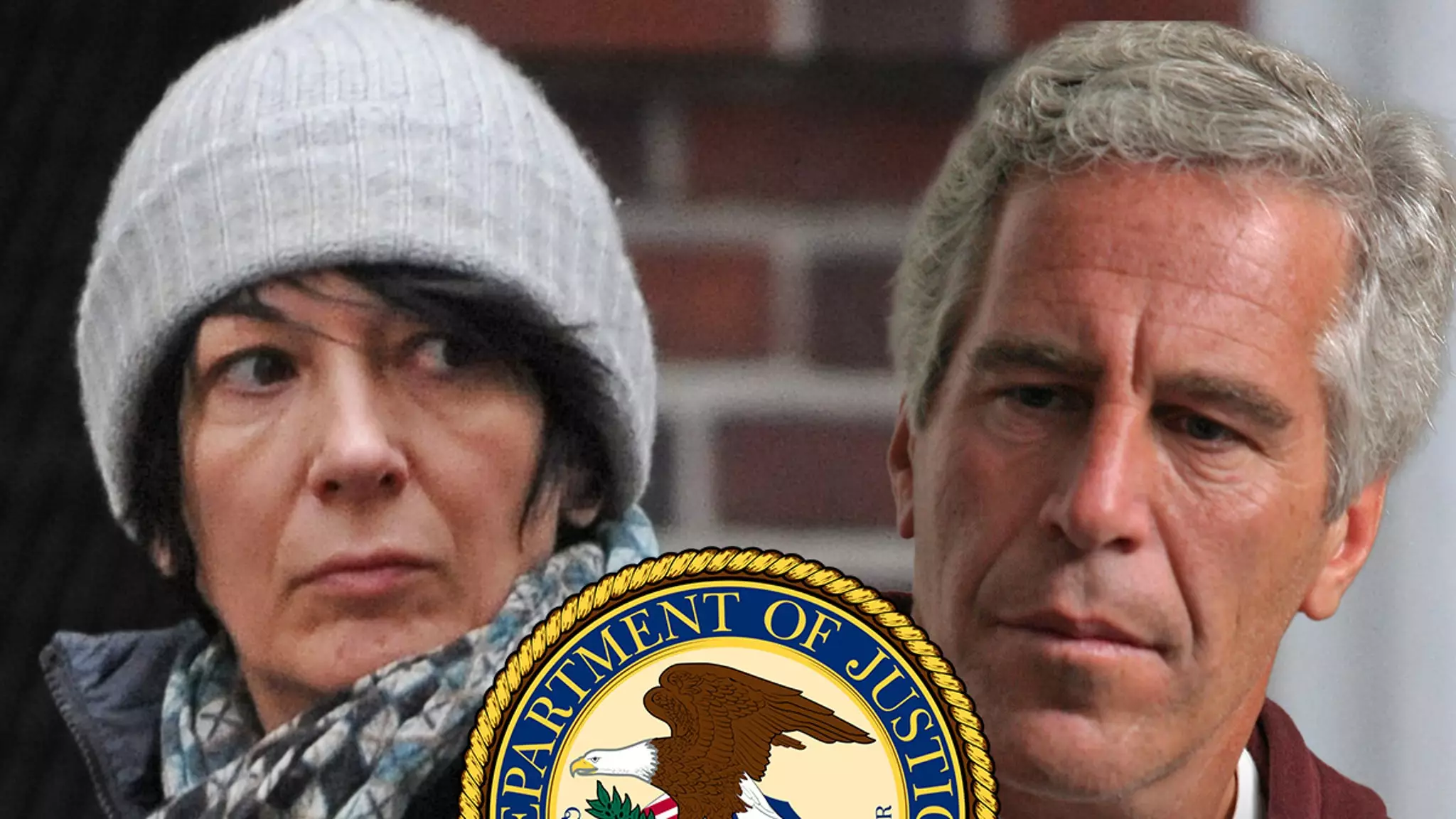In the complex landscape of criminal justice, few revelations carry as much weight as insider testimonies. When figures like Ghislaine Maxwell, once close to Jeffrey Epstein, sit before federal authorities, they hold the potential to crack open long-shuttered cases, exposing layers of conspiracy and misconduct. Maxwell’s detailed interview, which reportedly encompassed questions about numerous individuals linked to Epstein’s scandalous activities, underscores the crucial importance of insider accounts in unraveling intricate crime networks. Her willingness—or perhaps compelled cooperation—to provide information about over a hundred people suggests that authorities believe her knowledge could serve as a pivotal piece of the puzzle. Such testimonies are often the backbone of uncovering systemic abuse, and they emphasize the indispensable role that insiders can play in fostering comprehensive justice.
The Limitations of Legal Protections and the Reality of Immunity
Despite assertions that Maxwell received limited immunity before her interviews, the reality remains nuanced. Immunity deals are notoriously complex and often serve as a double-edged sword. They can incentivize cooperation while simultaneously limiting the scope of protected testimony. This reflects a broader truth within the justice system: the pursuit of truth often involves navigating a labyrinthine web of legal negotiations, concessions, and strategic decisions. Even with some level of immunity, Maxwell’s detailed inquiries demonstrate that authorities are intent on extracting as much information as possible to illuminate dark corners of Epstein’s social sphere. Her case also highlights controversial debates about the fairness of such deals and whether they truly serve justice or merely facilitate appearances of resolution.
The Media Circus and Public Independence in Witness Testimony
Public perception plays an undeniable role in shaping investigations of this magnitude. The presence of media attention and symbols such as banners hovering over courthouses—like the one criticizing certain figures for allegedly shielding predators—illustrate the charged atmosphere surrounding these proceedings. Maxwell’s intervention, happening under the watchful eyes of both the legal system and the media, magnifies the pressure and scrutiny that witnesses face. Such environments can influence testimony, raising questions about influence, bias, and the true independence of those called to speak. While the justice system rests on principles of truth and accountability, the spectacle surrounding high-profile cases often complicates the purity of testimony and fosters distrust among the public.
The Ever-Evolving Nature of Investigations Into Power and Corruption
What makes this case genuinely compelling is not just the details of Maxwell’s interrogation, but the broader implications it reveals about power, influence, and accountability. Her questions about Epstein’s associates and potentially influential figures like former politicians or business leaders suggest that this investigation could shake the foundations of many powerful institutions. The controversy surrounding the federal investigation’s handling—especially during a politically turbulent period—raises critical questions about whether justice is truly being served or if certain entities are maintaining protective shields. As more information potentially surfaces, the ongoing debate about accountability and transparency will only intensify, revealing the intricate dance between justice and those with vested interests in protection.

